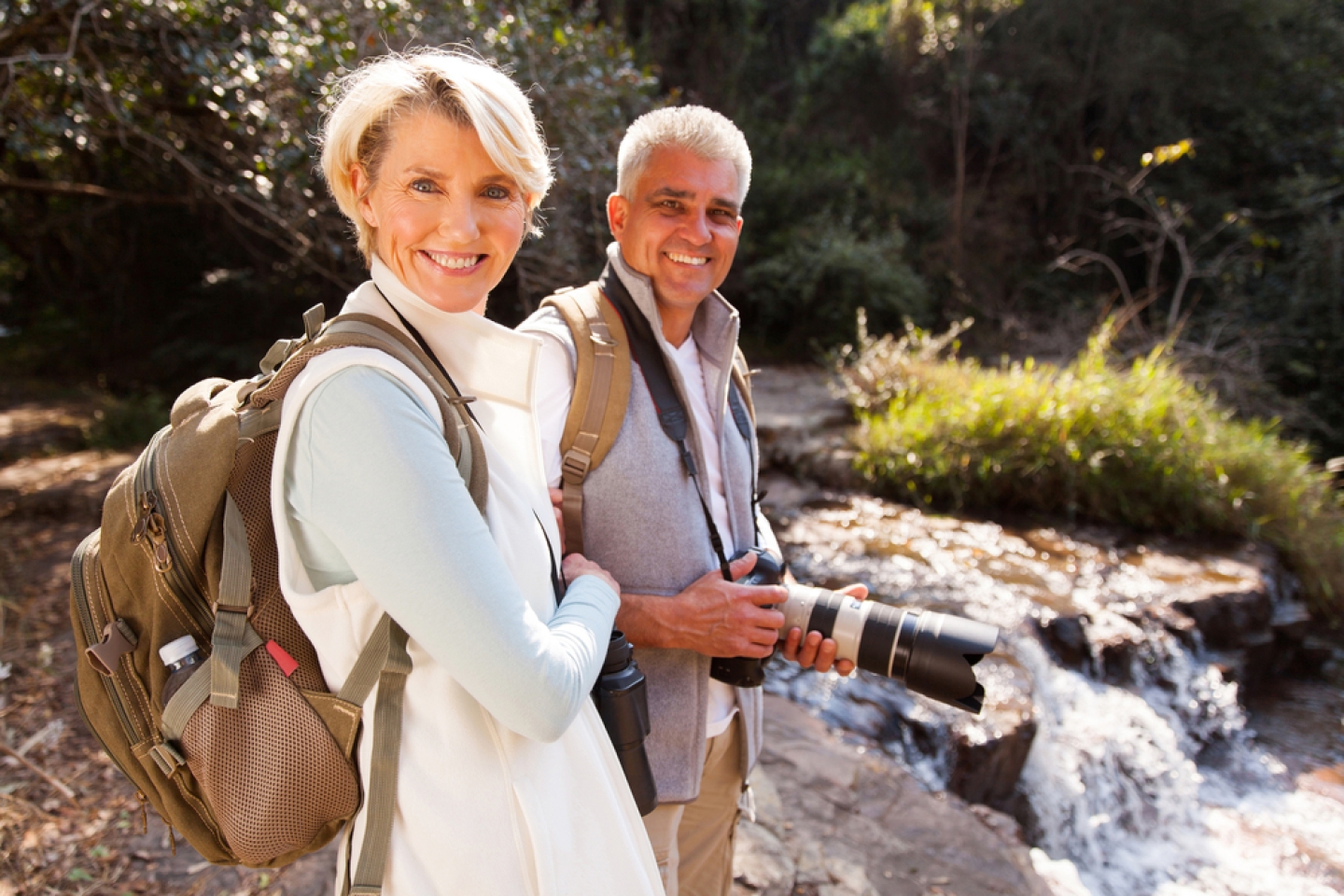
In operation for more than 30 years, Weill Cornell Medicine’s travel medicine practice is dedicated to the needs of travelers departing from and returning to New York City. The physicians and nurse practitioners associated with the practice offer advice and immunizations for adults, children and families—services tailored to the needs of travelers to tropical or subtropical destinations in Central or South America, South or Southeast Asia or Sub-Saharan Africa.
“Our clinic offers advice on how to stay safe when you’re traveling to countries with higher rates of infectious diseases,” says Dr. Ole Vielemeyer, Medical Director of the travel medicine clinic, Associate Attending Physician and Associate Professor of Clinical Medicine at Weill Cornell Medcine. “Among other services, we provide vaccinations and medications to protect you from mosquito-borne and food- or water-borne illnesses.
“We also check to see if you’re current with your vaccines and if you’re at risk for certain vaccine-preventable diseases that may be endemic in the area of the world where you plan to travel,” he continues. Among others, these include:
A few years ago, we would have said, don’t forget Ebola and MERS (Middle Eastern Respiratory Syndrome)—newer viral infections that have recently been added to the list. Now, after having experienced a global COVID-19 pandemic, we’re seeing increased risk of Mpox and measles.
There are also common food- and water-borne illnesses to consider, such as:
Whether you’re traveling for work, pleasure or adventure, or you’re on a humanitarian mission, the travel medicine clinic has you covered.
In anticipation of any potential travel risk, the team will assess your health, along with your itinerary, length of stay and planned level of physical exertion during your trip.
If indicated, they’ll prescribe medications to prevent altitude sickness for ambitious hikers and safety tips during and after scuba diving. How to manage the effects of a long flight is also part of the mix of advice you’ll receive when you visit the clinic.
We see adults ranging from business travelers to honeymooners, Dr. Vielemeyer says. We also see plenty of families with children above age 6.
Although most of the clinic’s customers are healthy, more and more people with serious health conditions or a compromised immune system are traveling these days. “If you’re one of them, you’ll receive a thorough evaluation and individualized counseling based on the uniqueness of your medical condition combined with your travel destination. Depending on these factors, you may not be able to receive live vaccines, and we will discuss alternative ways for you to stay safe.”
The clinic accepts most major insurance plans to allow for at least partial coverage of the services provided, depending on the individual insurance policy.
Make an appointment at least 6 weeks before your departure date. “While most vaccines are effective 2 weeks after one dose, some, like those for hepatitis B and Japanese encephalitis, require 2 doses, 28 days apart, before traveling,” he says.
The length of a trip is another important factor that helps the travel medicine staff assess your risk. That’s because the risk of exposure to most diseases increases with time. “Often, more shots are needed if you plan to stay away for 6 to 12 months, compared to the typical vacation that lasts 2 to 3 weeks.”
You may also wish to make another appointment for follow-up care when you get back.
“Prevention is always the best medicine, especially when you go to parts of the world where the health system may be more limited than it is here.
“Making travel safer,” he adds, “is one way to help broaden our collective understanding of peoples around the world. I think it’s important to learn about other cultures firsthand, not only by visiting famous sites but also by struggling through communication efforts in foreign languages and eating unaccustomed foods. By traveling the world, we find that people are much more similar than we may think.”
And that, he believes, will lead to greater tolerance and understanding.
In the meantime, stay safe and enjoy your time abroad!
To make an appointment at Weill Cornell Medicine’s travel medicine clinic, call (646) 962-TRIP or visit its website here.